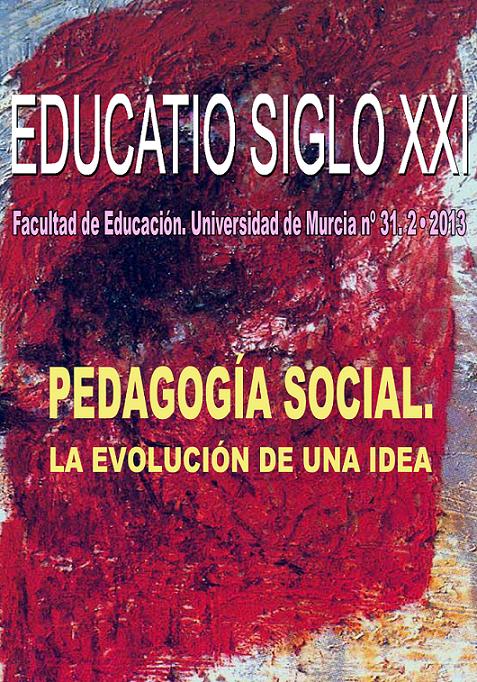Propuesta formativa intercultural para el docente musical
Resumen
Las diversas posturas teóricas que, a nivel educativo, se han desarrollado desde que el ser humano ha tomado conciencia de la diversidad cultural, no se han visto reflejadas ni teórica ni prácticamente en la formación de los especialistas en Música de las universidades. La legislación educativa se ha preocupado de reflejar ciertas inquietudes interculturales, pese al tratamiento multicultural que los docentes dan a los diferentes elementos del currículo; no obstante, pueden considerarse un cierto adelanto (a pesar de las evidentes necesidades interculturales de la sociedad actual) en comparación con la inexistencia de formación o de perspectivas interculturales de las materias que componen el currículo de los futuros maestros de Primaria. Este artículo pretende mostrar cómo las asignaturas de Música centradas en esta realidad e, incluso, unas simples directrices en otras asignaturas del currículo de la especialidad de Maestro de Primaria (especialidad Música), permitirán a estos futuros docentes musicales enfrentarse al proceso educativo con las máximas garantías de igualdad cultural para el alumnado de esta etapa educativa. Se ofrece una reflexión fruto de la propia experiencia con este perfil de alumnado culturalmente diverso, que muestra cómo se precisa una concreción-revisión de los currículos de educación superior para que se adecuen a la realidad de los centros educativos españoles.Descargas
-
Resumen425
-
PDF243
Las obras que se publican en esta revista están sujetas a los siguientes términos:
1. El Servicio de Publicaciones de la Universidad de Murcia (la editorial) conserva los derechos patrimoniales (copyright) de las obras publicadas, y favorece y permite la reutilización de las mismas bajo la licencia de uso indicada en el punto 2.
2. Las obras se publican en la edición electrónica de la revista bajo una licencia Creative Commons Reconocimiento-NoComercial-SinObraDerivada 4.0 Internacional (texto legal). Se pueden copiar, usar, difundir, transmitir y exponer públicamente, siempre que: i) se cite la autoría y la fuente original de su publicación (revista, editorial y URL de la obra); ii) no se usen para fines comerciales; iii) se mencione la existencia y especificaciones de esta licencia de uso.
3. Condiciones de auto-archivo. Se permite y se anima a los autores a difundir electrónicamente las versiones pre-print (versión antes de ser evaluada) y/o post-print (versión evaluada y aceptada para su publicación) de sus obras antes de su publicación, ya que favorece su circulación y difusión más temprana y con ello un posible aumento en su citación y alcance entre la comunidad académica. Color RoMEO: verde.











